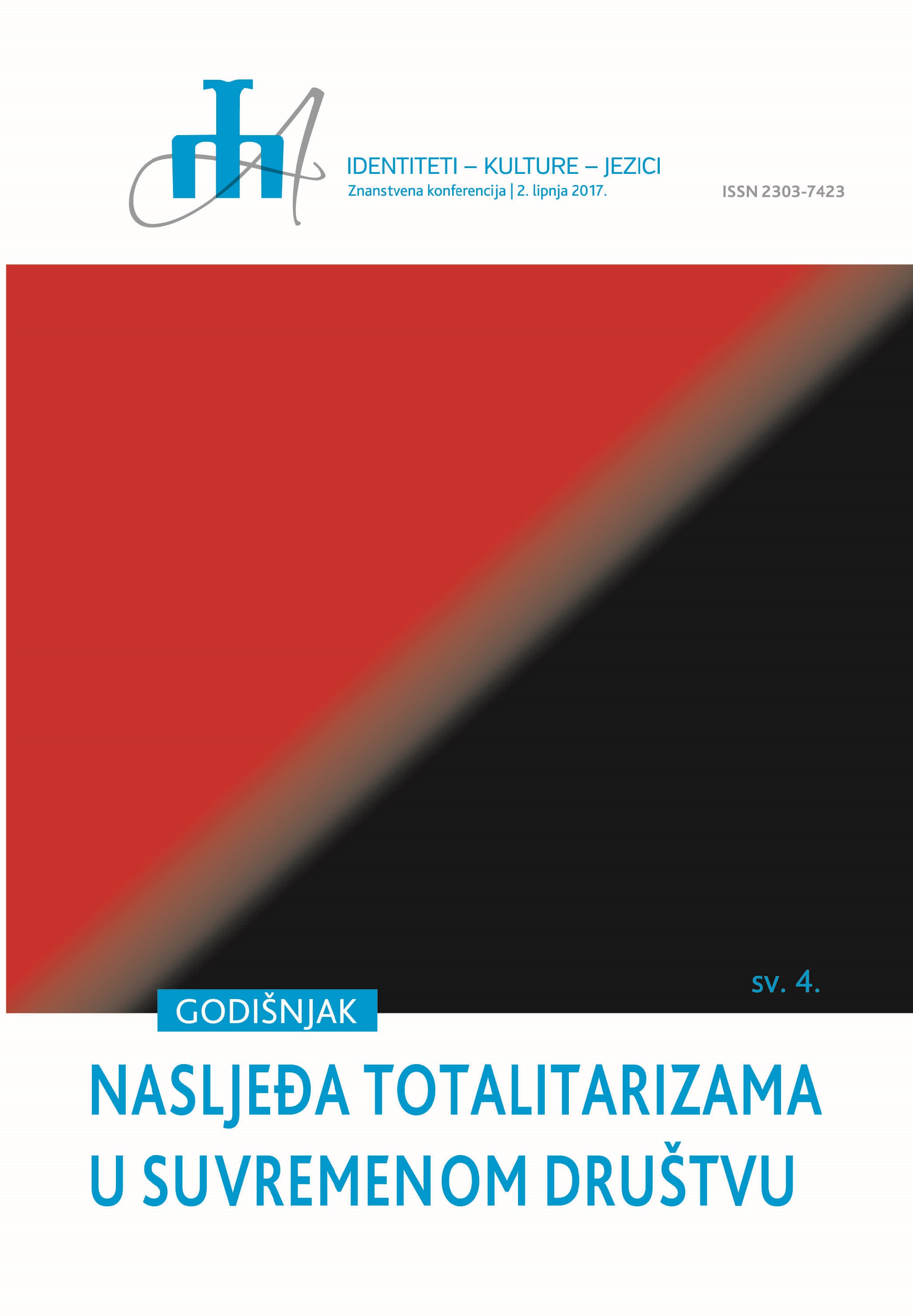Pitanje totalitarne naravi autentične interpretacije zakona kao relikta prošlosti
The question of totalitarian nature of the authentic interpretation of the law as a relict of the past
Author(s): Gordan StruićSubject(s): Constitutional Law, History of Communism
Published by: Filozofski fakultet Sveučilišta u Mostaru
Keywords: interpretive authority; authentic interpretation; totalitarian law; Federal People's Republic of Yugoslavia; Socialist Federal Republic of Yugoslavia;
Summary/Abstract: Starting from the criticisms of the institute of the authentic interpretation of the law which are based on an understanding of the ideological and undemocratic background of that institute, in this paper the author tries to answer the question whether one can refer to the interpretation of the laws - by the parliaments of the four states of former Yugoslavia which maintained that institute - as a relic of the past that are, for some authors, ‘faithful to the totalitarian practices’. After the introduction, the second part of the paper discusses the influence of the Constitution of the USSR from 1936 and the Soviet doctrine of the state and law on the introduction of interpretive authority of the Presidium of the Assembly of the Federal People's Republic of Yugoslavia in Constitution of the Federative People's Republic of Yugoslavia (1946), which was one of the starting points in shaping the institute of the authentic interpretation of the law as it exists today. The third part of this paper examines the regulation of interpretive authority in Federal People's Republic of Yugoslavia and Socialist Federal Republic of Yugoslavia, as well as the role and the frequency of its use at the federal level, taking the formative period of foundation state institutions and law between 1946 and 1953 as an example. The fourth part of this paper exposes the role that the authentic interpretation of the law has today in the four states of former Yugoslavia which maintained that institute after gaining their independence. For this purpose, the author analyses practice of Constitutional Courts in those four states, as well as procedural mechanisms of the parliamentary rules of procedure regarding that matter and the frequency of its use. In the final, fifth part, the author approaches to concluding observations and answers the research question posed at the beginning of the paper.
Journal: Identiteti - Kulture - Jezici
- Issue Year: 4/2018
- Issue No: 1
- Page Range: 55-68
- Page Count: 14
- Language: Croatian

